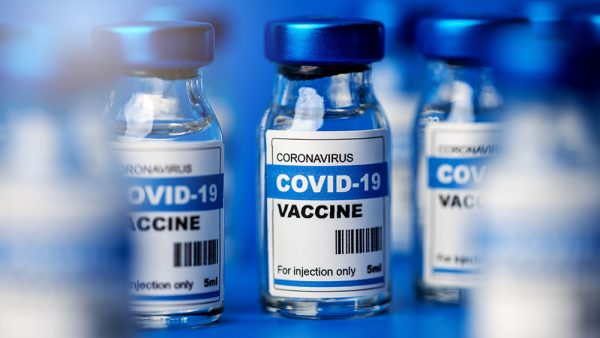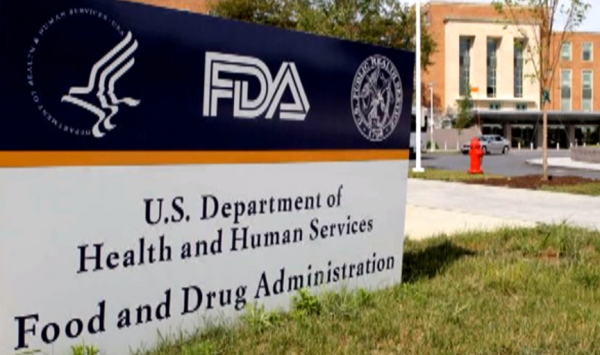Study shows oral health could be key to preventing heart disease
By isabelle // 2025-05-06
Tweet
Share
Copy

- Gum disease is strongly linked to heart attacks, strokes, and diabetes, with research showing it doubles heart attack risk.
- Harmful oral bacteria enter the bloodstream, causing inflammation that damages arteries and contributes to cardiovascular disease.
- Brushing and flossing alone can’t remove deep gumline bacteria; oral irrigators are a more effective solution for prevention.
- Medicare’s lack of dental coverage leaves seniors vulnerable.
- Preventing gum disease naturally through better oral care, diet changes, and probiotics can reduce inflammation and protect heart health.
The inflammation connection
At the heart of this link is periodontitis, a severe gum infection caused by bacterial plaque. When gums become inflamed, harmful microbes enter the bloodstream, attaching to blood vessel walls and triggering systemic inflammation. This process damages the endothelium, the delicate lining of arteries, and contributes to atherosclerosis, the hardening and narrowing of arteries that leads to heart attacks and strokes. "Your mouth is a gateway to the rest of your body," says Dr. Tien Jiang of Harvard School of Dental Medicine. "It's not surprising that your oral health can affect your overall health." Studies have even found oral bacteria in the fatty plaques clogging coronary arteries and in blood clots of heart attack sufferers.Why brushing isn’t enough
Most people rely on brushing and flossing, but these methods alone can’t reach the toxic bacteria lurking below the gumline. Oral irrigators and similar tools offer a deeper clean, flushing out pathogens before they wreak havoc on the cardiovascular system. Yet mainstream dentistry often ignores these solutions, preferring costly treatments over prevention. Big Medicine’s failure to prioritize oral health has dire consequences. Nearly two-thirds of adults over 65 suffer from gum disease, yet Medicare provides no dental coverage, leaving seniors vulnerable. However, there are low-cost programs available through dental schools and local dental societies. For those with disabilities, Medicaid may offer a lifeline, but only if patients navigate the bureaucratic maze.A natural path to heart health
The good news? Preventing gum disease doesn’t require risky drugs or surgeries. Simple, natural strategies can slash inflammation and protect your heart:- Upgrade your oral hygiene: Brush for two minutes twice daily, floss meticulously, and consider an oral irrigator to disrupt bacterial colonies.
- Starve the bacteria: Avoid refined sugars and processed carbs that feed plaque-forming microbes.
- Support your microbiome: Probiotic-rich foods like kefir and fermented vegetables can balance oral and gut bacteria.
Tweet
Share
Copy
Tagged Under:
heart disease oral health research prevention natural cures dental health periodontitis remedies Censored Science goodhealth prevent heart disease
You Might Also Like
Common sense is now a conspiracy
By News Editors // Share
Kefir: The ancient superfood for gut health and beyond
By Ava Grace // Share
How yoga heals the diseased heart
By News Editors // Share
Recent News
By newseditors // Share
RFK Jr. acknowledges 'Chemtrails'— but experts disagree on what’s really in jet fuel
By finnheartley // Share
From Gaza to Iran: How Israel’s escalating strikes could drag the world into war
By finnheartley // Share
Mexican president rejects Trump’s offer to deploy U.S. troops against cartels
By isabelle // Share











